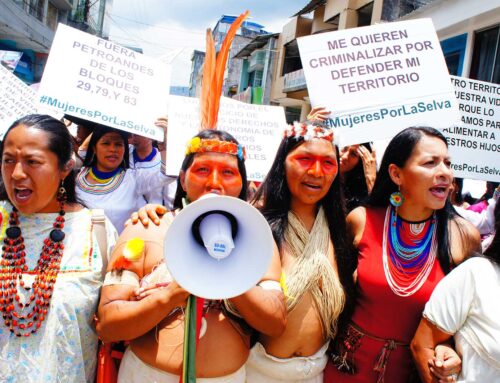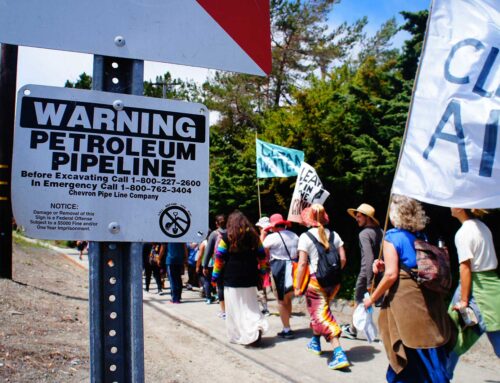Mylene Vialard, a 54-year-old climate activist, faces up to five years in prison as she goes on trial for protesting against the expansion of Line 3, a tar sands oil pipeline cutting through Indigenous lands in northern Minnesota. Despite the pipeline’s alarming environmental risks and its track record of spills, Vialard’s peaceful demonstration led to felony charges of trespassing on critical infrastructure and obstruction of justice. Her refusal to accept a plea deal reflects her determination to challenge the injustice she sees. However, her arrest is not isolated, with over 1,000 arrests made in similar protests, supported by payments of at least $8.6 million from the pipeline company, Enbridge to Minnesota Law Enforcement and other security agencies. This mass criminalization, part of a wider trend of suppressing legitimate environmental protests, signifies a concerning erosion of civil liberties and underscores the urgent need for climate activism. Against this backdrop, Vialard’s trial emerges as a pivotal moment in the broader struggle for environmental justice, shedding light on the complex interplay between state power, corporate influence, and grassroots resistance.





